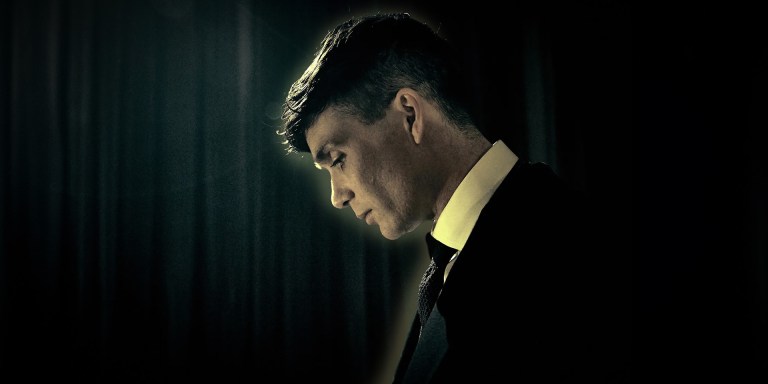
It will start slowly, the way these things often do. It won’t feel slow; in fact, it will seem sudden — you’ll wake up and look over at the space next to you and think that something must have snapped in the night. But it didn’t happen there. It couldn’t have. You’ve long since abandoned the possibility that anything could happen in your sleep.
It will happen in the absence, in the nights they spent with their friends and you with yours. It’s good for you, you’ll rationalize. Everyone needs to spend some time apart. But time apart can tear you apart if you’re not careful, and slowly you will forget how to stitch yourself back together, how to return at the end of the day and fit yourself back into the crook of their neck, into the space between their arm and body like you never even left. The hole you once occupied will close up slowly as you take more and more time to yourself, and it will begin to feel uncomfortable and tight and strange.
It will happen in the fights, the ones that spiral quickly from insignificant nothings to personal attacks, the ones that leave you scrambling to salvage the pieces of what you thought was an innocent comment. They all start out that way, don’t they? But we’re only human and we pick at wounds and scabs, and see wet paint and feel the irresistible need to touch it. Because we’re curious. Because we can’t leave well enough alone. Because when we see friction, we want to see the reaction.
And it happens in indifference, in that quiet little fear that manifests itself as slowly, you begin to care just a little bit less, day by day. It’s not as though you meant to, as if you were looking to bring something to a close. Things run their course whether or not we’re done with them. Roads end. Sometimes there’s not enough fuse. It’s nobody else’s fault that we came unprepared.
When we fall in love, we don’t do it with an endpoint in mind, no expiration date on the horizon. To fall in love is to do the impossible, to promise the one thing you can’t really promise: “Because I care about you, I will not hurt you.” We can’t promise the future though — we can only promise what we want the future to be — and so if and when things fall through, all of the promises hang in the air like so many splintered things. And we turn these tiny, little shards into weapons, turning them on the other person, pelting them with accusations. You said, you lied, you didn’t try hard enough, it’s you, it’s you, it’s you. It’s easier to attack than it is to defend. It’s more cowardly, but it’s always easier to blame.
To fall out of love is to admit that something no longer serves you, or them, or the both of you together. There is nothing necessarily wrong in this, though the admission that we can outgrow lovers like we do clothes when we’re young always hurts. But pain or no pain, what once worked doesn’t anymore. What we thought we knew in absolutes turned out to be conditional.
Falling out of love is a curious kind of agony. You might not have wanted to, and yet you still did.
Sometimes, we try to stick it out, to see it through, to fix things in the broken places and fall back in love. Sometimes, we do. Sometimes we can come through the other side stronger and look back and laugh and say, hey, remember when we almost didn’t make it? But sometimes, we leap, and we scramble, and we try, and we fail. There’s little consolation in admitting we’ve come up short, and even less in telling someone they deserve someone who loves them, even if we don’t know how to anymore. After all, is it hypocritical to acknowledge what they need while simultaneously admitting that we can’t do what we recommend?
And so you will wake up in the same bed, but feel distant and alone and unsure. You will want to be kind, because after all, they deserve kindness. Everyone does, especially in the face of rejection. When you fall out of love, you take back more than the drawers and apartment keys and the friends you shared. When you fall out of love, you take back the quiet confidence that said, I am here, I will be here, I am listening and I am with you.
But you cannot take back the memories you shared, and while these sting at first in the way that only fresh wounds can, over time, the pain lessens. Over time, you forget you’re hurting. Over time, you end up feeling a certain shade of numb, as if your love was that hole that you no longer fit. It was there once, you know it was, and so you block off a shrine in your mind to the memories and their face and their voice for as long as you can keep them there. For as long as they’ll stay. And one day, you’ll forget. Slowly. It always happens slowly.
And it does happen, whether or not you meant to, whether or not you want to. To fall out of love is to compartmentalize them, to move them from your heart to your head, to tell them to stay there in your thoughts while you try to reconcile your emotions. To fall out of love is a disconnect, a divide. To fall out of love is to move on.
To fall out of love is as simple and painful and complex and cathartic as “we” turning into “were.” ![]()






